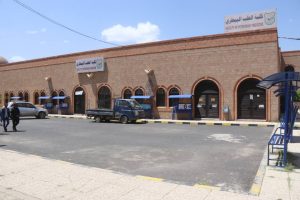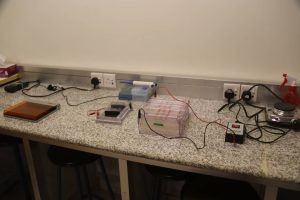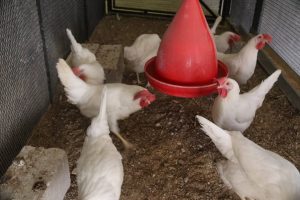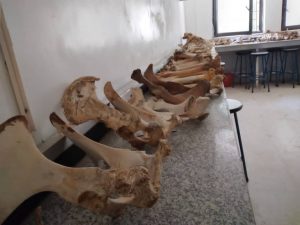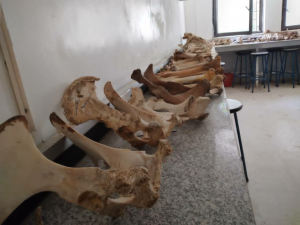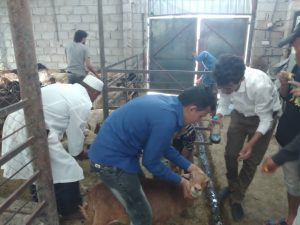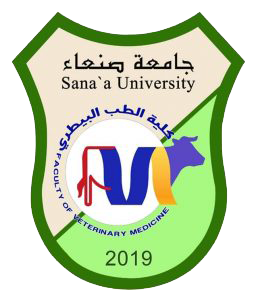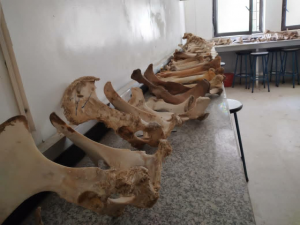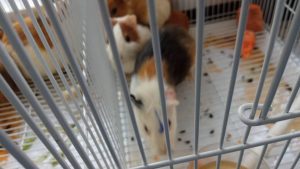About the Faculty
Faculty of Veterinary Medicine
Unlike other universities in Yemen, where veterinary medicine is incorporated into the Faculty of Agriculture, the Faculty of Veterinary Medicine (FVM) at Sana’a University is an independent faculty. The university has shown a keen interest in this field since its establishment in 1970. This reflects the university leadership’s commitment to establishing new faculties that align with various development paths. FVM plays a crucial role in promoting the sustainable development of the livestock sector, which is vital for food security and the self-sufficiency of animal products, including meat, dairy, eggs, and fisheries. FVM offers a five-year Bachelor Program in Veterinary Medicine, consisting of 10 semesters. During this program, students are required to complete 65 courses, totaling 195 academic credit hours.
Values
Respecting Islamic customs and traditions and preserving the Yemeni heritage.
Preserving local livestock, which represents the genetic heritage adapted to the conditions of Yemen for hundreds of years.
Integrity and sincerity in work and in dealing with others.
Accountability and respecting human and animal rights.
Mission
Preparing specialized veterinary medicine cadres capable of meeting community needs and competing locally and regionally. This is achieved by offering an educational, training, technical, and research environment; specialized teaching staff; and modern curricula that balance knowledge and skill-based dimensions, all in accordance with the latest recognized standards.
Vision
Aspiring to achieve local leadership and regional excellence in the field of veterinary medical sciences.
215
students
2240
Scientific research
55000
Graduates
60
Academic staff
Faculty Aims
Producing competent veterinarians well-experienced in the field of veterinary medicine and capable of performing their active and vital role in serving the community and competing locally and regionally.
Participating actively in economic development by protecting livestock against diseases.
Supporting and strengthening academic ties with other veterinary faculties and academic institutions in the field of livestock.
Building the teaching staff capacities in academic and administrative fields by offering training and qualification programs supported by recent training aids.
Contributing to the development and implementation of scientific research strategies and providing an appropriate environment for carrying out such research.
Activating the FVM role towards community participation and local environmental development.
Photo Gallery
Faculty of Veterinary Medicine

